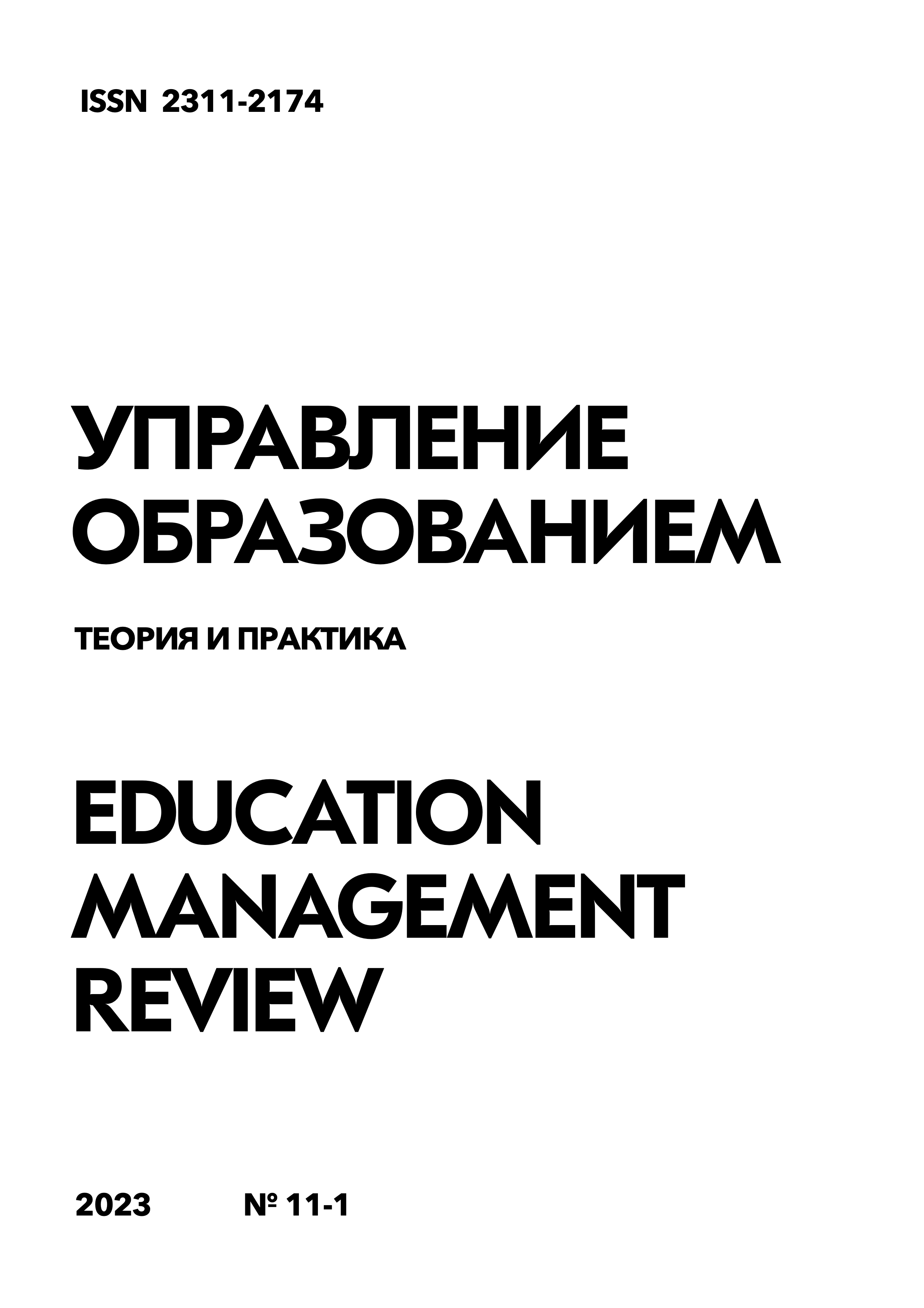Modern methods and technologies of distance learning: analysis of the effectiveness and prospects of development in the conditions of digitalization of education
DOI:
https://doi.org/10.25726/p1626-5339-5428-lKeywords:
distance learning, digital technologies in education, efficiency analysis, Russian universities, transformation of the educational processAbstract
Introduction. In the era of rapid development of digital technologies, the educational sphere of Russia is faced with the need to integrate innovative teaching methods. The use of distance learning technologies in higher education, especially during the COVID-19 pandemic, has demonstrated their importance and potential for expanding the boundaries of traditional education. The transformation of the educational process caused by the introduction of distance technologies requires a comprehensive analysis of the effectiveness of these methods and the prospects for their development in the context of modern digitalization. Materials and methods. The study analyzed data from more than 50 Russian universities, covering more than 2,000 students and 150 teachers, in order to assess the effectiveness of distance learning technologies. Statistical analysis methods, including correlation and regression analyses, were used to study the dependencies between the quality of the educational process and the use of various forms of distance learning. The case method and expert interviews were also used to assess the practical implementation and perception of distance learning methods in the educational environment. Results. The study showed that the introduction of distance learning technologies in the educational process of Russian universities has led to an increase in the availability of education by 40%. It was found that the use of integrated distance learning platforms, such as Moodle and Coursera, increases student satisfaction by 35% compared to traditional teaching methods. At the same time, the analysis of the quality of training showed that the successful mastering of the material by students engaged in distance programs is 25% higher, which confirms the high effectiveness of these approaches.
References
Акабирова Л.Х., Атаева Г.И. Особенности уроков с применением информационных технологий // Проблемы педагогики. 2020. №2 (47). С. 42-43.
Атаева Г.И., Акабирова Л.Х., Камалова Ф.Р. О дистанционном образовании // Материалы конференции 10.06.2020. LBC 94.3. T. 2. С. 91.
Атаева Г.И., Хамроева Х.Ю. Анализ возможности использования облачных технологий в высшем образовании Узбекистана // Universum: технические науки. 2022. №. 1-1 (94). С. 16-18.
Буренкова Н.В., Быкова И.В., Тонких А.П. Дистанционное обучение как фактор повышения уровня школьного образования в постпандемийный период // Управление образованием: теория и практика. 2022. № 3(49). С. 226-234.
Бурняшов Б.А. Проблемы программного обеспечения профессионального образования России // Научный вестник Южного университета менеджмента. 2019. № 2 (26). С. 119-124.
Данилова Т.В., Лапыко Т.П., Тонких А.П. Взаимодействие субъектов педагогического процесса в образовательной среде вуза : Учебно-методическое пособие. New York: National Research, 2020. 136 с.
Дианова Ю.В. Формирование и развитие пространственного мышления у обучающихся средствами VR-технологий // Аэрокосмическая техника, высокие технологии и инновации. 2021. Т. 2. С. 46-49.
Журавлёва И.А. Институционализация социальных практик и трансформация социальных институтов в обществе знаний // Исторические, философские, политические и юридические науки, культурология и искусствоведение. Вопросы теории и практики. 2011. № 7. Ч. 2. С. 77-82.
Поленова А. Ю., Пшегусова Г.С., Числова А.С. Образовательный потенциал синхронного и асинхронного обучения в неязыковом вузе. Образование. Наука. Инновации: Южное измерение. 2011. № 1. С. 60-67.
Поляков И.В. Современные дистанционные занятия как наиболее популярный способ самообразования // Конференциум асоу: сборник научных трудов и материалов научно-практических конференций. 2017. №1. С. 337-340.
Стариченко Б.Е., Семёнова И.Н., Слепухин A.B. К вопросу соотношения понятий электронного обучения в высшей школе // образование и наука. 2014. № 9(118). С. 51-68.
Столбова И.Д., Кочурова Л.В., Носов К.Г. О возрастании роли цифровой 3D-модели в проектной деятельности и геометро-графическом образовании // Информатика и образование. 2022. № 1. Т. 37. С. 59-68.
Хуторский А.В., Кулешова Г.М., Шерстова Е.В. Типы учебных взаимодействий в дистанционном профильном обучении // Центр дистанционного образования «Эйдос». 2015. №1. С. 14-18.
Alshehri Y.A., Mordhah N., Alsibiani S., Alsobhi S., Alnazzawi N. How the regular teaching converted to fully online teaching in Saudi Arabia during the Coronavirus COVID-19. Creative Education. 2020. № 11(7). 985-996 p. URL: https://doi.org/10.4236/ce.2020.117071
Hebebci M.T., Bertiz Y., Alan S. Investigation of views of students and teachers on distance education practices during the Coronavirus (COVID-19) pandemic. International Journal of Technology in Education and Science. 2020. № 4(4). 267-282 p. URL: https://doi.org/10.46328/ijtes.v4i4.113
Karalis T., Raikou N. Teaching at the times of COVID-19: inferences and implications for higher education pedagogy. International Journal of Academic Research in Business and Social Sciences. 2020. № 10(5). 479-493 p. URL: http://dx.doi.org/10.6007/IJARBSS/v10-i5/7219
Zacharias G., Giossos Y. Differences between regular and distance education in a teacher's training program. European Journal of Open, Distance andE-Learning. 2017. № 20(2). 17-29 p. URL: https://doi.org/10.1515/eurodl-2017-0014




